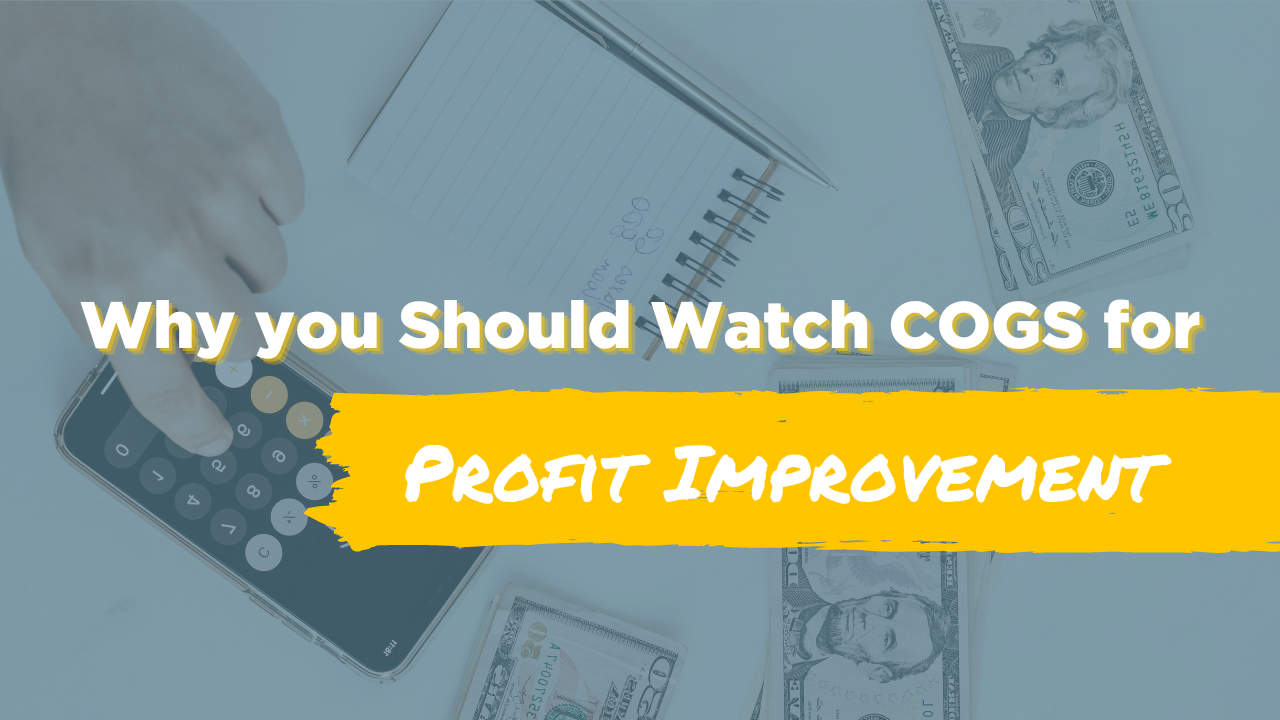
“The difference between something good and something great is attention to detail.”
- Charles Swindoll
An alien spacecraft lands near a mobile home park (as alien spacecraft are prone to do) and abducts an earthling. As the extraterrestrials examine the human, they’re fascinated that one toe on each foot is much bigger than the other four.
Why aren’t we earthlings similarly surprised when we see another person’s foot for the first time? Because it’s the norm. Like water to a fish. Ho-hum.
And so it is with many of the line items on your financial statements. We take some things for granted, and look right past them. Sometimes, it’s familiarity. Maybe you’re used to glossing over financial literacy training expenses because you always spend less than you budgeted. Sometimes it’s your perceived lack of influence over certain numbers. No matter what you’ve tried, that one number “is what it is.”
One of the first steps to improving your financial results is to start looking at each line item as if you were seeing it for the first time. Letting them become ho-hum is a formula for decline.
Of course, every section of your income statement is an opportunity for improvement, but here we’ll focus on your Cost of Goods Sold, or COGS.
COGS is defined as the direct costs that go into creating the products or services that a company sells. For example, an automaker’s COGS would include the material costs that go into making the car plus the labor costs used to build it. The other costs that don’t directly go into producing cars, like office supplies, support staff and utilities, are considered Overhead Expenses … another topic for another day.
If you’re a service-only business and don’t sell goods, you probably call it Cost of Sales, or COS. Even if your P&L just shows revenue less expenses, and doesn’t include a COS section, you really do have COS … it’s the direct labor cost associated with your billable staff.
Learn More About Financial Forecasting
Some great reasons to mine your COGS for improvement opportunities:
- The improvements fall right to the bottom line. Grow profits using existing sales!
- It’s one of the biggest costs on your P&L.
- It’s easy to let COGS become “ho-hum” and thus slowly grow as a percent of sales over time.
- If there’s a labor component, the failings and shortcomings common to all of us earthlings represent improvement opportunities. Think about wasted time, wasted material, lost productivity, inefficiencies, errors and reworks.
- Most improvements to COGS have staying power. Negotiate a better price or improve efficiency, and you can likely enjoy that improvement for some time – maybe for years.
Do a detailed analysis of every line item in your COGS, and you might be rewarded with an out-of-this-world profit improvement.
.png)








.png)




-5.png)

